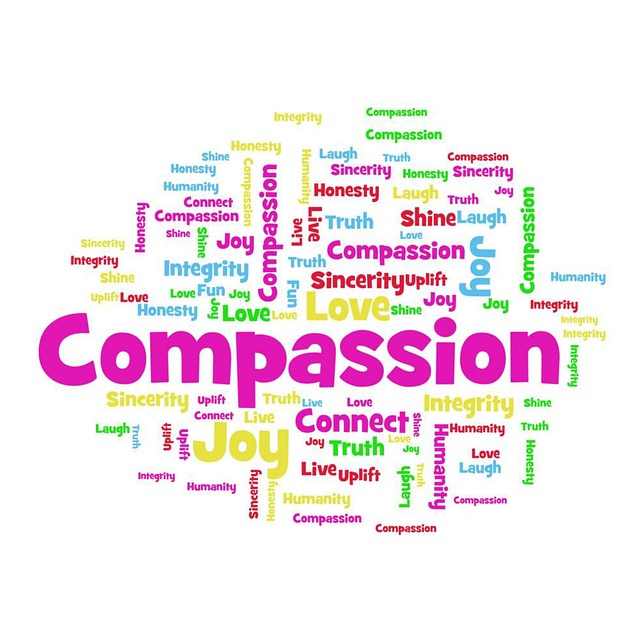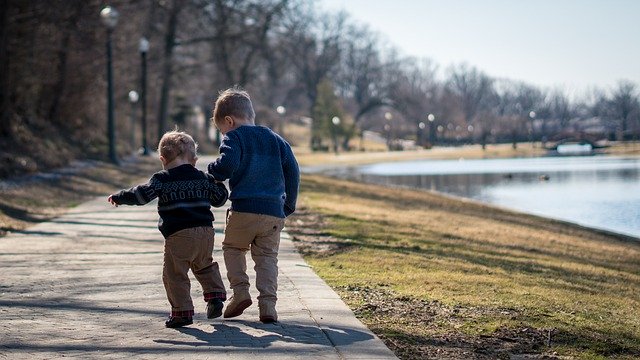The Science and Wisdom of Emotions Summit conducted online from 2-5 May 2021 provided access to 30 of the world’s experts in the areas of compassion, mental health, well-being, wisdom, neuroscience, emotional intelligence and trauma counselling. Access to the full recordings and transcripts are thoughtfully provided on a sliding scale, generosity-based pricing structure – with all levels of purchase receiving the full package together with the gift of free access for a friend, colleague, or family member.
There was so much covered in the Summit that is relevant to mindfulness. However, in this post I want to look at compassion from the perspective offered by a one of the presenters.
Research into developing compassion
I have mentioned earlier in this blog the work of Richard Richardson and Daniel Goleman, authors of Altered Traits: Science Reveals How Meditation Changes Your Mind, Brain, and Body, whose review of research studies confirmed that compassion meditation developed the traits of kindness and compassion. In the Summit, Dr. Sona Dimidjian, Professor of Psychology and Neuroscience, shared her own research work on the development of compassion.
Sona had been concerned about the lack of research into the transfer of compassion training to the practice of compassion in daily life and set about establishing a participative research project to find out what works and for whom. She was particularly interested, especially in our current environment of racialism and inequity, to establish what are the “barriers and facilitators” of bringing compassion into everyday life.
Fundamental to Sona’s approach, was engaging participants in her research in every phase of the research process – formulating questions, deciding the methodology and collaboratively undertaking the research. She involved educators, young people and those experiencing mental health issues. One such collaborative study led to the conclusion that brief compassion training (20 minutes a day compassion meditation practice) increased participants compassion while daily exposure to images of people suffering actually led to a decline in compassion.
One unexpected result from the study was that teachers, one of the core groups that Sona sought to help, became particularly concerned about the impact of their daily exposure to the suffering of their students and their parents. The teachers indicated that they lacked training in self-care and care for their student children and yet they aspired to be kind and compassionate.
This concern of the teachers led to another collaborative research project with educators to co-design a course in compassion that would lead to compassionate action on the part of the teachers. The resultant program, Masters in Teacher Leadership, is available through Colorado University and incorporates a Certificate level component on Cultivating Compassion and Dignity in Ourselves and Our Schools. Sona’s hope is that teachers become true models of compassion while teaching their students to be compassionate.
Compassion and dignity
While the abovementioned course incorporates self-compassion, fundamental to the content and approach is the recognition that compassion involves “honouring dignity within each other” – recognising the dignity of each person, irrespective of their race, religion, skin colour, gender (or identification as non-binary or non-gendered), sexual preference, culture or country of origin. Compassion is inclusive and non-discriminatory. It actively works against the prevailing ethos, created through “systematic conditioning”, that fails to see our common humanity and connectedness.
Compassion involves deep listening and the capacity to hear the perspective of another while seeking to understand and value the learning and diverse experiences of other people. It involves curiosity blended with tenderness and caring. Compassion training through mindfulness incorporates “mental training’ (involving both thinking and emotional elements) and serves to preclude reactive responses to those who are suffering (which Sona points out sometimes aggravates the suffering of others through a lack of understanding). The mindfulness training involved in compassion training, on the other hand, enables the participant to “act more skilfully” and take compassionate action in their day-to-day interactions.
Compassion involves “seeing one another in our fullness”, in all our diversity and complexity. Surprisingly, Sona found that the digital world, accessed through programs like Zoom, enables participants to have greater access to each other’s life – you get to see the bookshelves, dogs coming in and out of a room, children demanding attention or partners moving about undertaking their daily activities, the room layout and house surrounds (in some cases). Sona points out that this is a much richer perspective than the perception of a person created by the role that they occupy – you get to see and engage differently through a more complete perception of a person in their natural environment.
Reflection
Reading something of Sona’s clinical research history and work on the ground with educators, new mothers and expectant mothers and youth experiencing mental health issues, you begin to appreciate that her life and work epitomises compassion-in-action. In fact, one of her personal goals is to strengthen her own mindfulness practices to enable her to pursue compassion in her own life by avoiding the interference of her own biases and living with integrity and congruity with the compassionate values that she promotes. Sona generously shares her research and insights through her Mind & Life Podcast.
Sona’s life and dedication pursued in a spirit of humility, openness and curiosity provides an exemplar for how we could pursue compassion through our own life and work and daily interactions with others. As we grow in mindfulness, we can develop the insight and commitment to enhance our deep listening skills and build the courage to take compassionate action in a skilful way.
___________________________________________
Image by Juanita Foucault from Pixabay
By Ron Passfield – Copyright (Creative Commons license, Attribution–Non Commercial–No Derivatives)
Disclosure: If you purchase a product through this site, I may earn a commission which will help to pay for the site, the associated Meetup group and the resources to support the blog.

